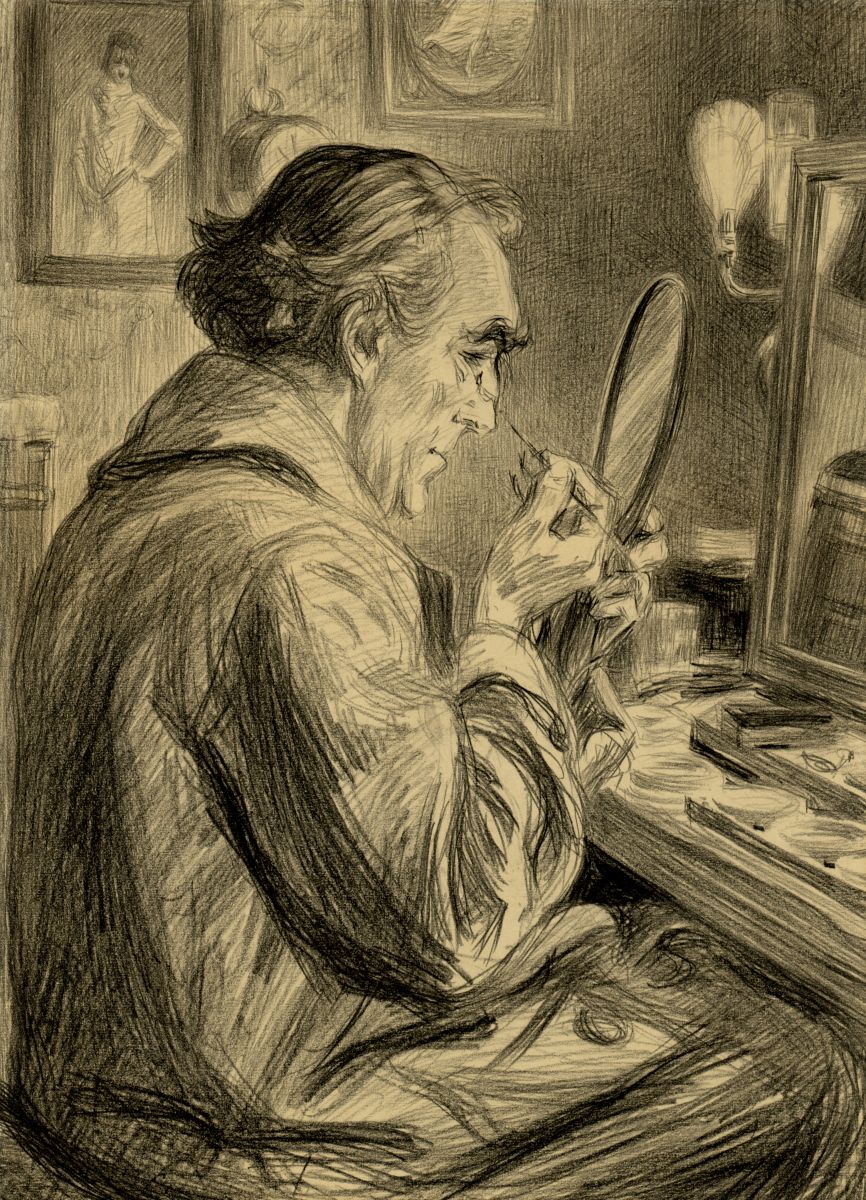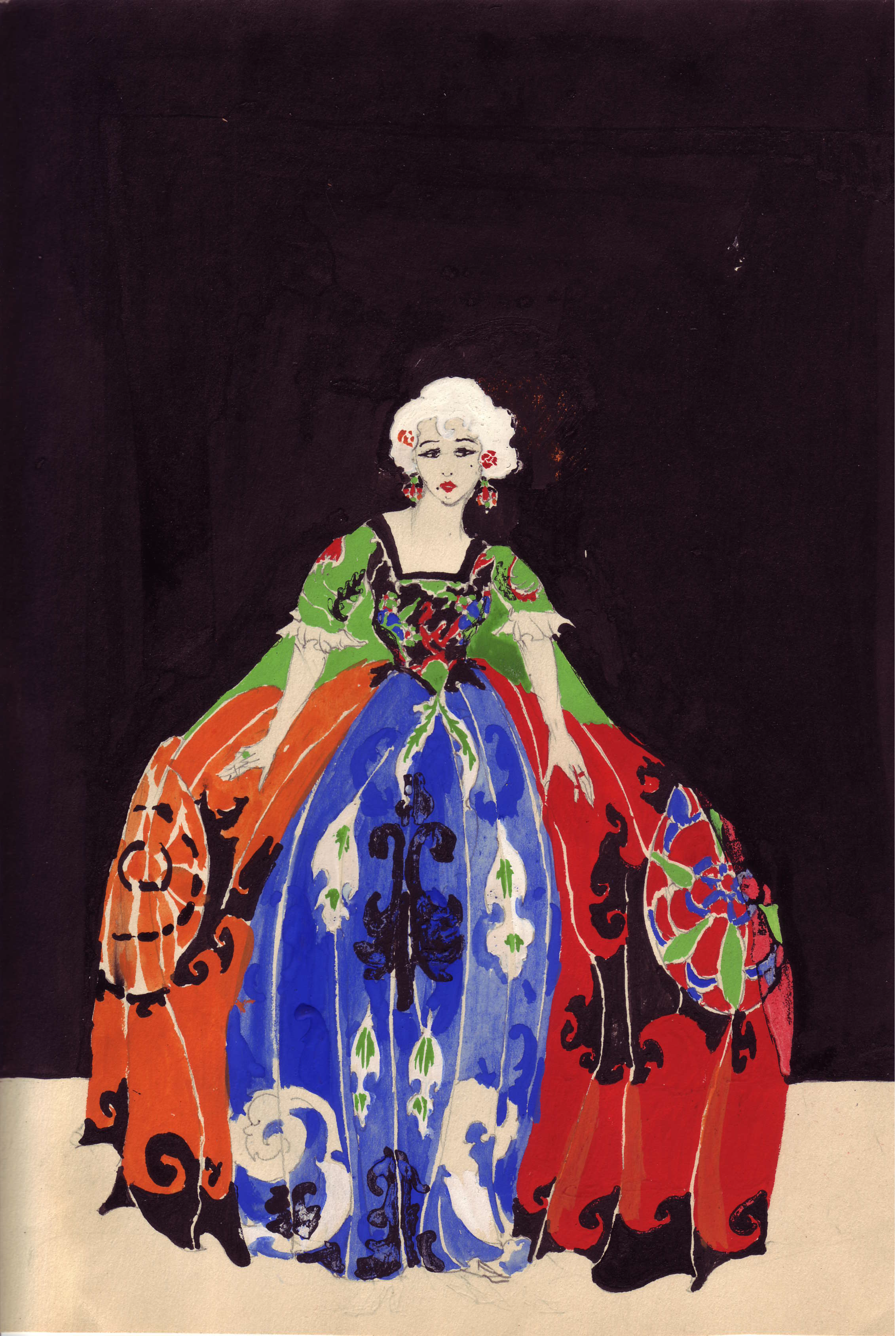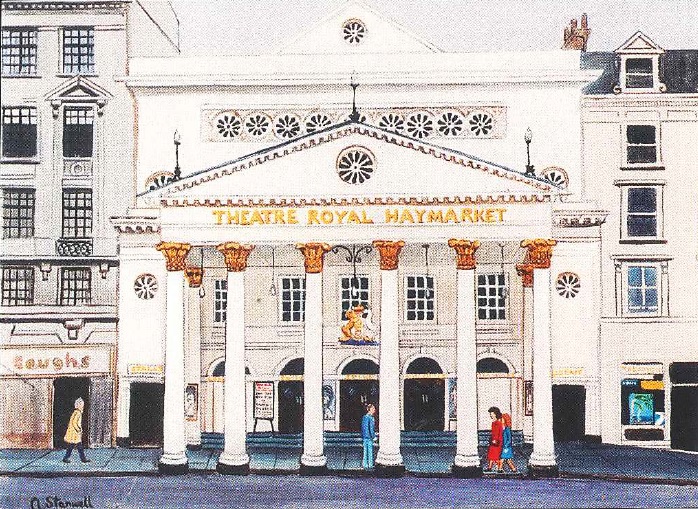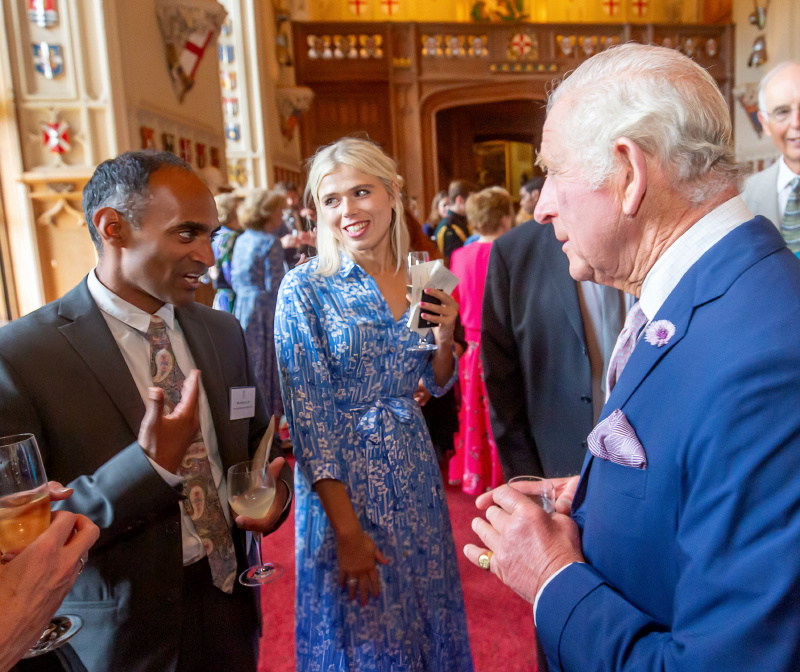Originally, the founders of the Fund suggested that all actors be taxed “one penny in the pound upon all salaries” to pay for its charitable activities.
This proved unpopular, and was replaced with a programme for annual donations from members of the theatrical profession who wished to contribute. The Actors’ Benevolent Fund has since been upheld by its members: actors and actresses who support the Fund and have a say in the way it is run.
Other methods of fundraising were explored, and Irving used his skills as an actor and his influence over the British theatrical community to stage benefits for the Actors’ Benevolent Fund. The first benefit, held at the Drury Lane Theatre Royal in 1883, included excerpts from Iolanthe and The Merchant of Venice, and starred not only Irving himself, but also his renowned leading lady Ellen Terry. These benefits were continued regularly until the 1930s, and starred many of the best actors of the time. In the 1930s, the Fund began to organise other fundraising events such as a midnight supper party and ball (1933), and a ‘mammoth’ cabaret and ball (1935).
Annual dinners were also held to raise money for the Fund, and to report back on the activities of the charity over the previous year. The first of such annual dinners was held on June 24th 1891 at the Hotel Metropole (now the Corinthia Hotel in Whitehall), and was chaired by Henry Irving himself. Its guest of honour was Charles Dickens Jr, son of the great author of the same name. The entertainment was varied and frequent, including songs such as ‘We’re all Noddin’’ and ‘Come into the Garden, Maud’, performed by renowned operatic singer Sims Reeves.

One attendee of the first annual dinner was William Terriss, a benefactor of the ABF, and a man who would later meet his fate in an event which shocked the Victorian theatrical community to its core.
Whilst not a household name today, William Terriss was one of the most popular and respected actors of the Victorian era, famous for playing the role of the swashbuckling hero. In 1880, he joined Irving’s company at the Lyceum Theatre. Terriss was heavily involved in the Actors’ Benevolent Fund in its early days, and often gave donations and superannuation funds to its beneficiaries. One recipient of such donations was Richard Prince, a young actor who had previously been employed by Terriss as a player at the Adelphi Theatre. Due to unprofessional behaviour and alcohol-related issues, Prince was fired, and seemed to take it badly.
When he appeared, Prince attacked him, stabbing him three times with a dagger.
On 16th December 1897, Prince appeared at the ABF offices at Adam Street seeking a grant, but was told by General Secretary Mr Colston that the Council wasn’t due to meet until the next day. Angered, Prince made the two minute journey to Maiden Lane and the stage door of the Adelphi, and waited for Terriss to arrive. When he appeared, Prince attacked him, stabbing him three times with a dagger. Terriss’ death shook not only the theatrical profession, but also the wider public. The Queen sent a telegram of condolences to Mrs Terriss, writing of the English stage being robbed of “one of its brightest ornaments,” and an estimated 50,000 people attended Terriss’ funeral at Brompton cemetery.
Prince was admitted to Broadmoor, where he is said to have spent the rest of his days performing in plays for his fellow inmates. Some say that Terriss’ ghost can be found haunting the Covent Garden tube station, just a few minute’s walk away from where he met his gory death. Terriss’ legacy continued in the career of his daughter, musical comedy actress Ellaline Terriss, who went on to marry actor and writer Seymour Hicks.

Despite this shocking and gruesome event, most of the ABF's early history was rather less unpleasant. In a report from the ABF’s fourth annual dinner, we find out that the Fund gave allowances totalling £1,000 in 1894 (over £120,000 in today’s money), and administered relief to over 12,000 applicants. By 1897, the Fund had provided for 20 orphans. Around this time, Irving set up a second charity dedicated to helping the children of actors, now called the Actors’ Children’s Trust. During the First World War, the ABF set up a special committee to deal with the war emergency. This committee gave grants to actors affected by the war - and sadly, in many cases, their widows.




